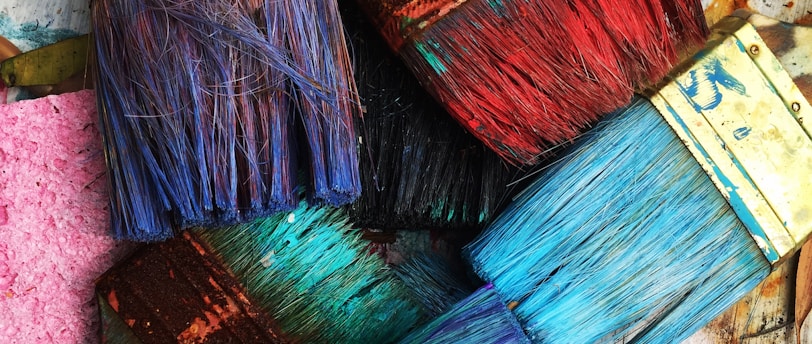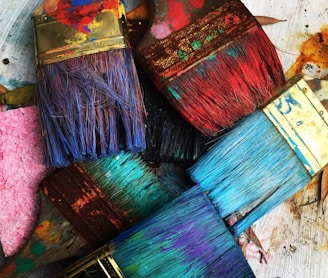Huma Mulji - Arabian Delights (2008)


There are few artists with the talent of producing artwork that challenges traditional artistic norms while still incorporating elements of one’s cultural identity – Huma Mulji leaves an unparalleled mark in this arena.
Huma Mulji, one of Pakistan’s pioneer visual artists, has championed South Asian contemporary artwork since the beginning of her artistic journey. Through her unusual techniques and personalized elements, Mulji successfully explores the themes of displacement and distinctive interpretations of the value of culture like no other.
After completing her Bachelor in Fine Arts from the Indus Valley School of Art and Architecture in 1995, Mulji officially began her work. From 2005 to 2015, Mulji served as the Associate Professor of the School of Visual Arts at BNU in Lahore. Currently, she lives in Bristol, United Kingdom, and is a lecturer at the University of West of England in Bristol.
One of her works ‘Arabian Delights’, presented in 2008, dissects similar themes of displacement that are present in her other artworks.
Arabian Delights was commissioned by the Pakistani Pavilion for Art Dubai 2008. Soon after being on display, the piece generated controversy and was thus removed from the exhibition Later, it was bought by Charles Saatchi who included it in the collection of Saatchi Gallery.
Arabian Delights consists of a taxidermy camel stuffed in a battered suitcase. The work addresses the phenomenon of the ‘Arabization of Pakistan’ as it reflects upon the metamorphosis of Pakistan from a South Asian country to one resembling the working of the Islamic Republic, which has long defined the identity of Arab states. Arabization, as a concept, explains the influence of Arab values on the cultural and social fabric of a country. When Islamization was carried out by Zia-ul-Haq in the 1970s, he included aspects of Arabian culture and values to solidify the foundations of his ideological narrative. Pakistan’s Indo-Persian roots were replaced with Islamic ones to build a political connection to the Arab world.
Mulji’s work attempts to focus on the state-manipulated erasure of the diverse identity that has defined the South Asian region to build a homogenous, Islamic one. Just like the historical shift of the Arab world from a secular, culturally diverse country into a region that prioritized religious ways of thinking, Pakistan began to follow a similar path. The use of camel in this piece appears to be a deliberate choice as it reflects its importance as an animal in the Middle East. But the painting's commentary achieves more than this. The peculiar way in which the camel is forced into the suitcase highlights the struggles of Pakistani migrants who aspire to access better economic pursuits in the Arab region, only to be met with a disappointing reality. The unusual, disoriented look of the piece also goes on to show that the process of ‘Arabization’ is in no way smooth but seems almost forced which interferes with one’s cultural identity.
Thus, Mulji’s work ‘Arabian Delights calls upon the audience to reevaluate the concepts of displacement, the importance of identity, and the juncture between traditional and modern political thinking.
